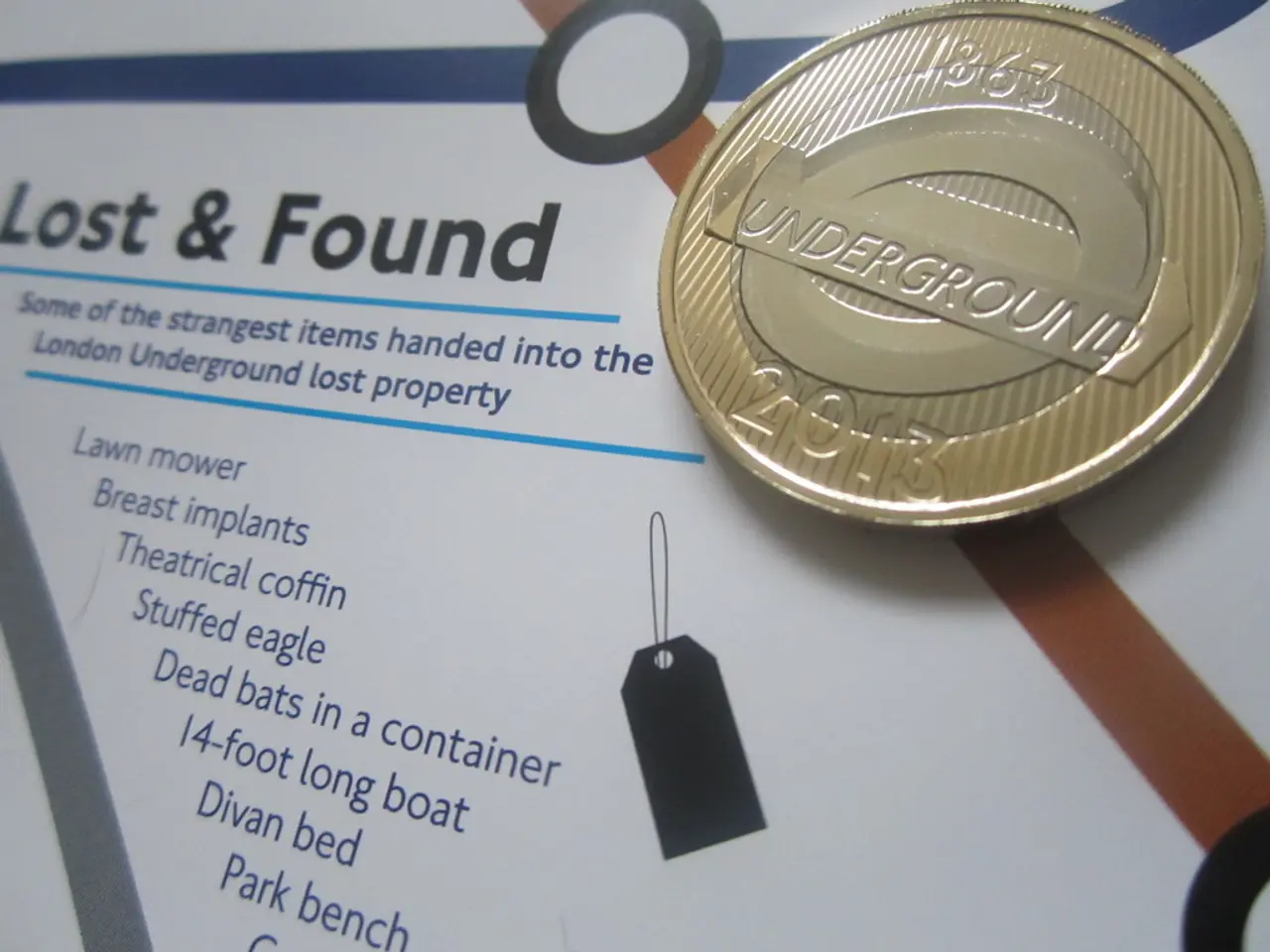Cross-border settlements might benefit significantly from the integration of stablecoins in PAPSS' latest blockchain platform.
In a significant stride towards financial independence and integration, the African Currency Marketplace (ACM) has been launched under the Pan-African Payment and Settlement System (PAPSS). This innovative platform aims to reduce the reliance on the US dollar in intra-African trade and promote financial integration across the continent [1][2].
The ACM enables cross-border trade transactions to be executed entirely in local African currencies, thereby eliminating the costly and complex foreign currency conversions that have historically hindered trade efficiency [1]. Currently, the ACM operates 24/7 in real-time, with settlements completed within minutes through an integrated network comprising 16 central banks, over 150 commercial banks, and 14 national payment switches [1].
The initiative, which is a collaborative effort involving key African institutions such as Afreximbank, the African Union Commission, and the AfCFTA Secretariat, aims to onboard 500 million bank accounts across 30 African countries by the end of 2025, signalling a large-scale adoption and promising enhanced connectivity [1][2].
Stablecoin adoption is a critical part of the blockchain-based African currency exchange, facilitating faster and more secure transactions while further reducing dependence on traditional hard currencies like the dollar [2]. By enabling trade settlements in local currencies, the ACM can significantly lower transaction and currency conversion costs, potentially saving Africa up to $5 billion annually [2].
The system addresses the fragmentation problem in African payments by providing a seamless, continent-wide payment infrastructure. This is especially important for large companies and industries, including airlines and manufacturing, that have struggled with currency depreciation and fund repatriation restrictions [1]. Banks adopting PAPSS report substantial growth in cross-border transactions. For example, Ghana’s GCB Bank saw a 25% increase in cross-border trade transactions and growth in its SME client base, much of which is attributed to the PAPSS system [2].
The African Currency Marketplace is built on the Bantu blockchain network and supports up to 42 currencies. Fragmentation of Africa's 42 national currencies creates a web of 861 unique intra-African payment corridors, many of which are not directly accessible. Stablecoins, like cNGN, are easily sourced, have collateralized reserves, and are location-agnostic, incurring low costs for sending across the continent.
The International Air Transport Association (IATA) reported the majority of affected countries by stuck airline funds are in Africa. Africa loses approximately $5 billion annually to "leakages" and foreign currency dependency in intra-African payments. PAPSS's adoption of Interstellar's technology via the Bantu blockchain marks the first time African governments will adopt blockchain technology at a multinational scale.
In summary, the African Currency Marketplace under PAPSS represents a transformative step towards financial sovereignty and integration in Africa by breaking the dominance of the US dollar in intra-African trade, facilitating stablecoin and blockchain-based currency exchanges, reducing transaction costs and payment fragmentation, and supporting robust and scalable trade growth aligned with AfCFTA ambitions. This initiative not only enhances economic sovereignty but also promises to unlock substantial trade value and cost efficiencies for African businesses and economies [1][2][3].
- The African Currency Marketplace, built on the Bantu blockchain network, supports 42 African currencies and aims to onboard 500 million bank accounts by 2025, signifying a large-scale adoption of fintech technology in the industry.
- Stablecoin adoption is crucial for the blockchain-based African currency exchange in the African Currency Marketplace, as it facilitates faster, more secure payments, while reducing dependence on traditional hard currencies like the dollar.
- The African Currency Marketplace, under the Pan-African Payment and Settlement System (PAPSS), utilizes blockchain technology to address the fragmentation problem in African payments and provides a seamless, continent-wide payment infrastructure, potentially saving Africa up to $5 billion annually in transaction costs.




